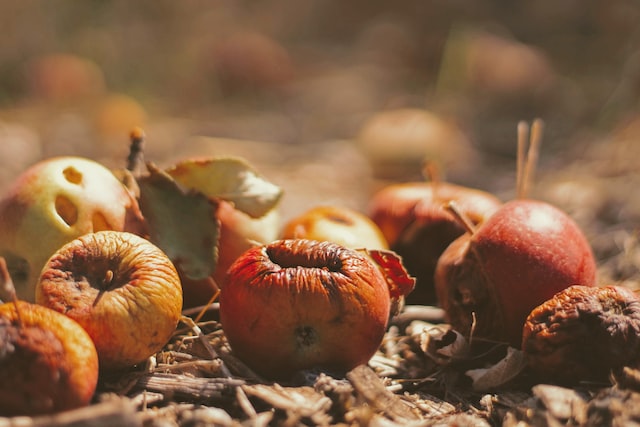Companies are seeking innovative solutions to minimize food waste, a problem that leads to nearly nine billion meals worth of food left uneaten in the U.S. each year, according to data from ReFED, a food waste mitigation nonprofit organization, reports Food Business News.
Food waste minimization strategies often begin at the production level. Farmers often struggle to know how much product to harvest.
“For farmers, knowing what the demand will be is almost an impossibility,” said Larry Clarke, CEO of NanoGuard Technologies, a food safety, and waste mitigation startup. “Figuring out how to use what they overproduce can positively impact waste mitigation, but you have to keep those foodstuffs stable long enough so that they can actually be used or processed.”
NanoGuard seeks to address the food waste problem by protecting crops, using gases to exterminate mycotoxins that can affect many crop types, and enabling farmers to sell a larger percentage of grown crops. The technology can also prevent blemishes on produce, which often leads to food wastage down the supply chain.
“Instead of trying to have better yields, we’re focused on saving the yields that we already have,” Clarke said.
Down the supply chain, plant-based edible coating company Apeel Sciences is working to prevent produce spoilage by using lipid coatings to reduce water loss and oxidation. Produce with the coatings can reduce waste at retail by as much as 50 percent, reports the company.
“If you zoom out and look at the entire supply chain, contamination and food safety are macro-level causes of food waste,” said Jackie Suggitt, director of capital, innovation, and engagement at ReFED. “You see it at every level, so a lot of attention should and is being given to shelf life extension.”
Companies are also reducing waste by directly diverting at-risk products from landfills. This includes businesses like Imperfect Foods, Misfit Market, and Spoiler Alert, a company that digitizes food liquidation at the retail level. The lattermost company works with discount retailers and nonprofits to redistribute product before it is wasted.
“About 14 percent of all food waste happens at the manufacturing level,” said Ari Hopkinson, director of customer success at Spoiler Alert. “Not all of that is finished goods, but there’s a large volume of inventory that’s wasted. Think hundreds or even thousands of cases of an individual SKU going to the landfill.” Full Story (Subscription Required)
Related: Biden Administration Invests to Strengthen Meat Supply Chain; Lidl Launches Peak Harvest Line

